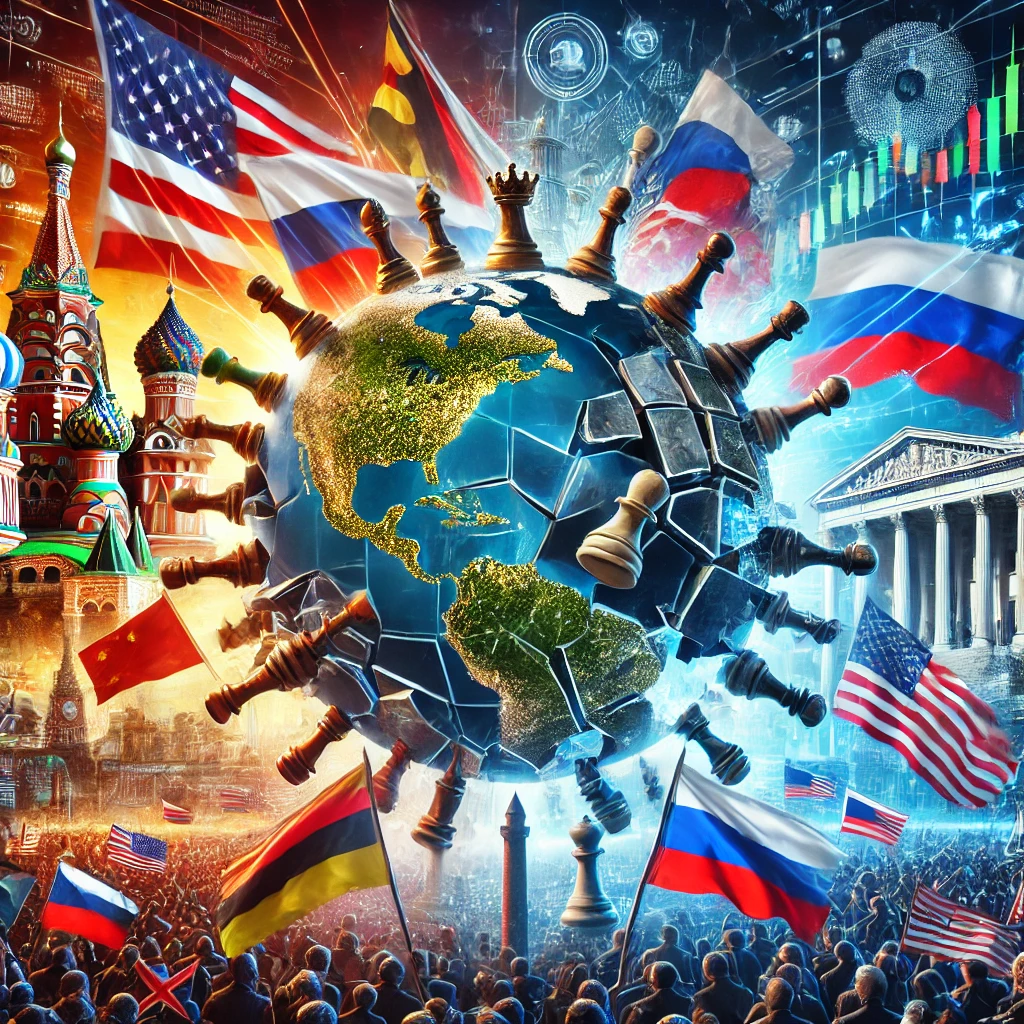Introduction: The Tides of Global Economics Are Shifting
The global economy is constantly in motion, with forces driving change at both national and international levels. Technological innovation and geopolitical tension are two among the most disparate, complex, and driving factors in this context. The greater the integration of markets around the world, the greater the ripples produced by a perturbation in a distant corner of the globe. It is necessary for businesses, policymakers, and individuals to understand these shifts and navigate the uncertainty of a fast-changing economic landscape.
Technological Disruption and Economic Implications
Technology continues to redefine industries at an unprecedented pace. No longer are artificial intelligence and automation just concepts of the future; they are transforming labor markets today. As machines continue to take over routine tasks, many traditional industries are challenged with both retraining their workforce and keeping up with a world dominated by technology.
On the other hand, this disruption offers immense opportunities. Companies that harness the power of AI can unlock efficiencies, reduce costs, and create new value propositions. However, the transition is not without its downsides. Income inequality may widen as high-skilled workers command premium wages, leaving others to grapple with economic displacement.
Geopolitical Instability and Market Volatility
Global politics now is a mixed bag of uncertainty. Nationalism-driven trade wars break up the supply chains, increasing costs. Sanctions as economic tools in a diplomatic arsenal strain the relations between nations, thus keeping markets edgy.
Shifting alliances between nations also affect trade routes and market access. For instance, the readjustment of relationships between the United States and China has created ripples in various industries-from technology to agriculture. Investors must now weigh geopolitical risks as heavily as financial metrics when making decisions.
Climate Change and the Economics of Sustainability
Climate change is no longer a future concern; it is an economic reality that needs urgent attention. The costs of adapting to extreme weather events, transitioning to renewable energy, and implementing sustainable practices are staggering. Yet, they pale in comparison to the long-term consequences of inaction.
Amid these challenges lies an economic opportunity. The green economy, which includes renewable energy, sustainable agriculture, and eco-friendly technologies, is growing rapidly. Businesses that align with sustainability goals not only contribute to a healthier planet but also position themselves as leaders in an increasingly eco-conscious market.
The Shift in Global Power Dynamics
The world is witnessing a shift in the balance of economic power. India, Brazil, and Southeast Asian countries are rising to prominence with young populations, rapid industrialization, and adoption of technology. In contrast, the United States and European nations face aging demographics and slowing growth rates.
This reconfiguration provides opportunities and challenges. Companies will have to face the challenge of adapting to emerging market consumers’ preferences while still dealing with a complex array of regulatory environments where they operate.
The Role of Central Banks and Monetary Policies
Central banks hold the strongest control over world markets by way of their monetary policies. During the past couple of years, the pressure from inflation has created a chain of rate hikes mainly in developed countries. While they do so with the aim of reducing inflation, the consequences spread out and touch upon international trade, investment, and borrowing.
On the other hand, monetary easing in some regions would boost growth but might lead to asset bubbles. The fine line that central banks need to walk makes their influence on market directions paramount.
Conclusion: Adjusting to a New Economic Order
The world economic landscape is changing in a way that requires new thinking and innovative responses. Businesses and investors must be resilient and adaptable in such an environment. Uncertainty brings with it the possibility of new opportunities.
Embracing technological advancement, sustainability, and being sensitive to geopolitical and monetary trends will help stakeholders position themselves to succeed in this era of transformation. Those who act decisively and strategically will lead the charge toward a brighter, more resilient future in the face of change.

